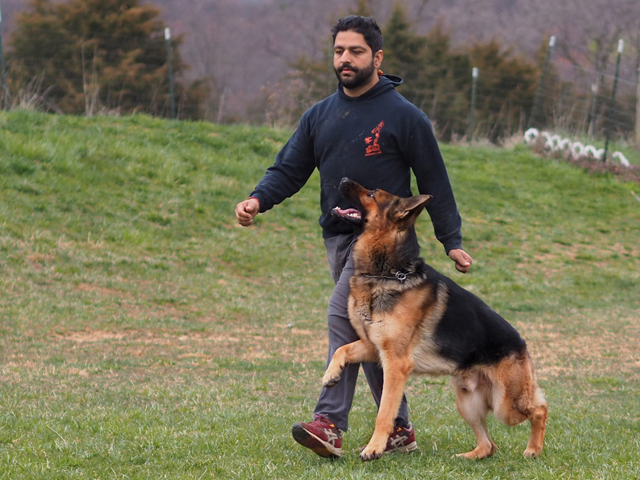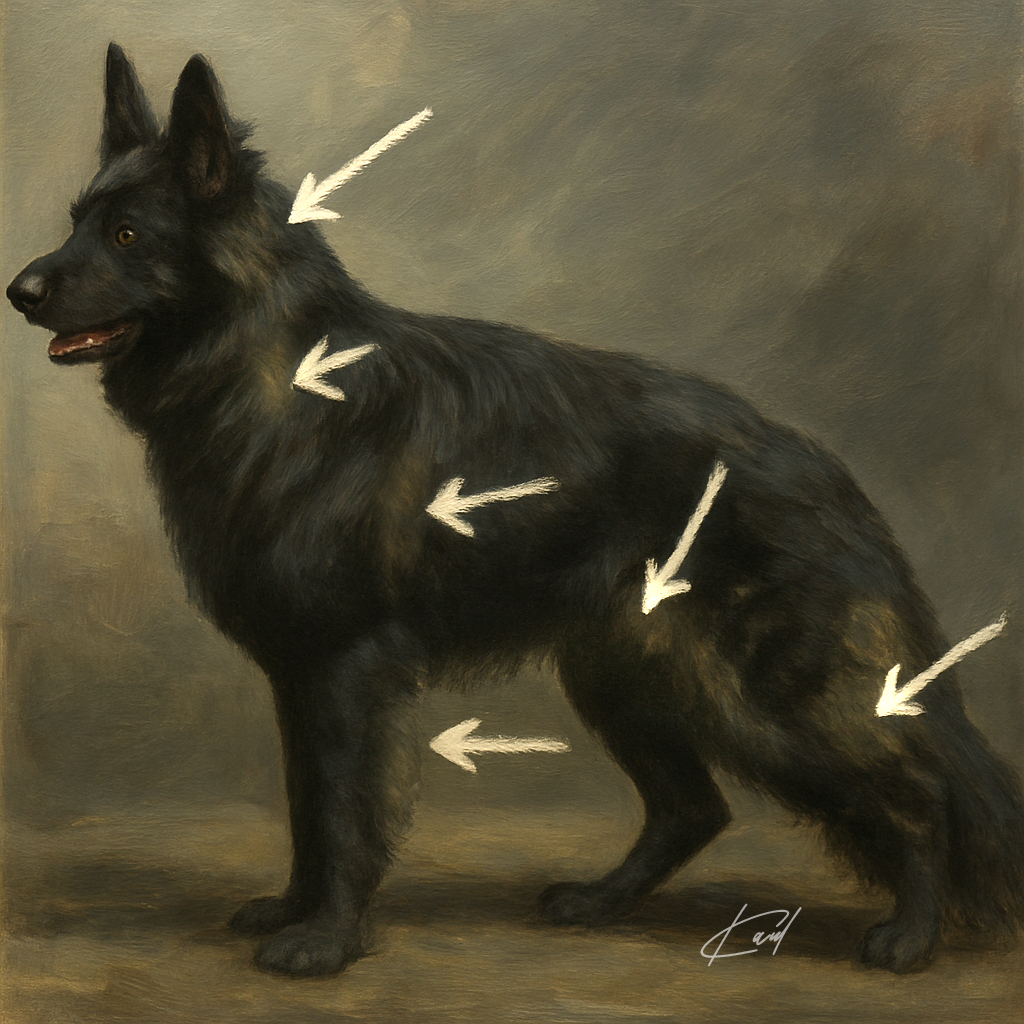How to Spot a Reputable German Shepherd Breeder: A Comprehensive Guide
Why Choosing the Right Breeder Matters Finding a reputable German Shepherd breeder is one of the most important decisions you’ll make as a future dog owner. A responsible breeder doesn’t just sell puppies. They dedicate their lives to improving the breed, ensuring health, and producing dogs with sound temperaments. The difference between a reputable breeder […]
How to Spot a Reputable German Shepherd Breeder: A Comprehensive Guide Read More »










